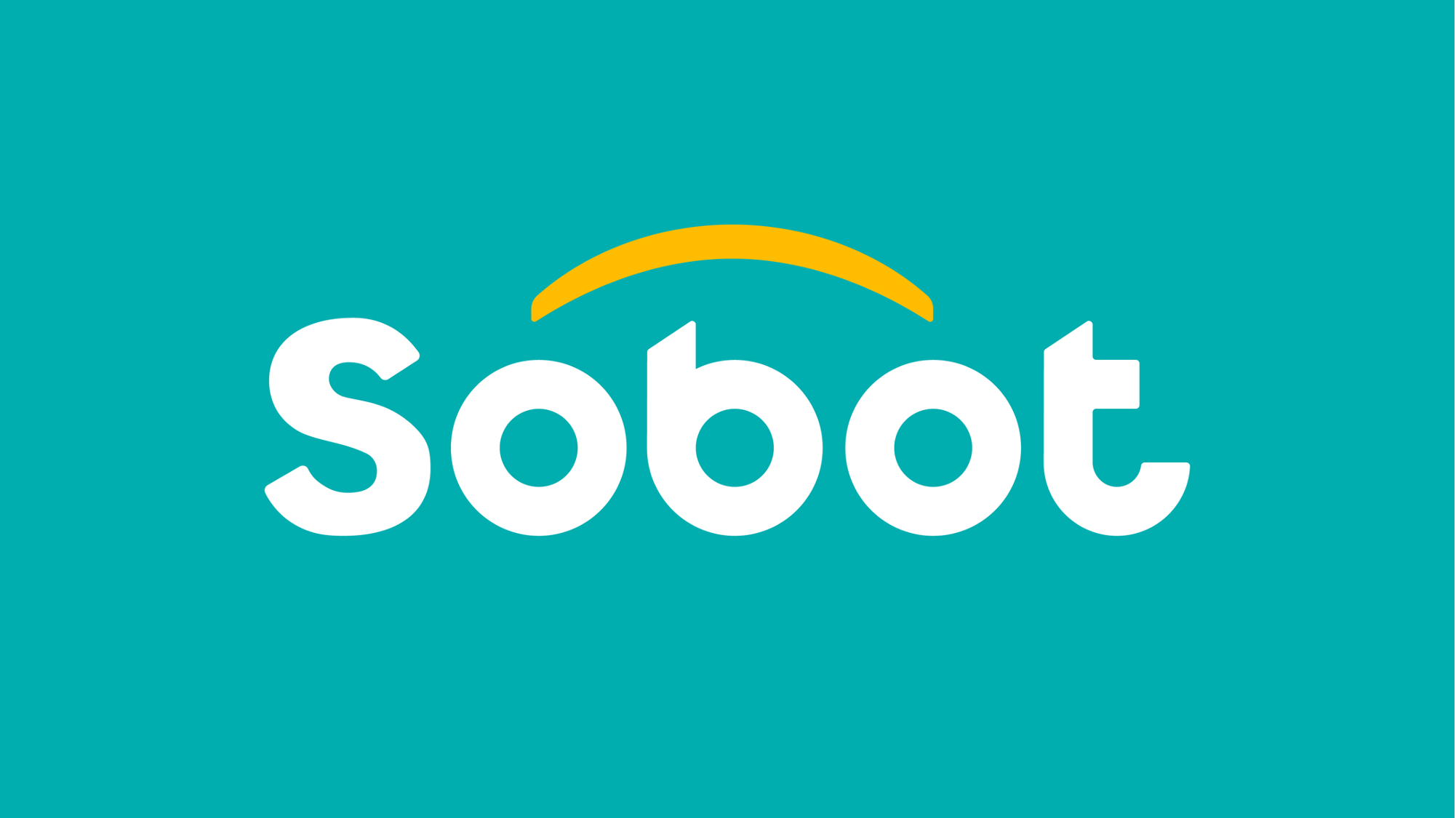Artificial intelligence is increasingly shaping how businesses, governments, and individuals interact with technology. One of the most discussed aspects of AI today is ethical AI agents. These agents are designed to make decisions and interact with users in ways that are aligned with ethical standards, fairness, and transparency. Understanding the most common types of ethical AI agents can help organizations adopt AI responsibly while maintaining trust with their users.
What Are Ethical AI Agents
An AI agent is a software system capable of autonomous decision-making and performing tasks on behalf of humans. When AI agents are labeled as “ethical,” they are programmed to adhere to moral guidelines, avoid biased outcomes, and respect privacy and legal regulations. Ethical AI agents are not just about efficiency—they are about ensuring that AI operates safely, fairly, and responsibly in real-world applications.
Most Common Types of Ethical AI Agents
Currently, several types of ethical AI agents have become prevalent across industries. Each type is designed to balance performance with ethical considerations:
Conversational AI Agents
Conversational AI agents, including chatbots and virtual assistants, are among the most common ethical AI agents. These agents interact with users on websites, apps, and messaging platforms, offering support, answering questions, and guiding users. Ethical considerations for these agents include avoiding manipulation, respecting privacy, and delivering unbiased responses. Examples include AI assistants in healthcare, finance, and customer service.
Decision-Support AI Agents
Decision-support AI agents assist humans in making informed choices, often in sectors like healthcare, finance, and law. Ethical frameworks ensure these agents provide recommendations based on fair data analysis without introducing bias or discrimination. Their role is not to replace human judgment but to enhance it with reliable, ethically sourced insights.
Autonomous Monitoring Agents
These AI agents monitor systems, networks, or environments to detect anomalies, risks, or inefficiencies. Ethical AI practices require these agents to respect user privacy, avoid intrusive surveillance, and operate transparently. Examples include AI systems for workplace safety, cybersecurity, and environmental monitoring.
Recommendation AI Agents
Ethical AI agents are also widely used in content or product recommendation systems. Unlike purely profit-driven recommendation engines, ethical recommendation agents prioritize user welfare, transparency, and fairness. They aim to prevent exploitative suggestions and biased recommendations, ensuring users receive helpful, trustworthy content.
Why Ethical AI Agents Are Important
The use of ethical AI agents is critical in maintaining trust between AI systems and humans. By adhering to ethical principles, organizations can reduce risks associated with bias, privacy breaches, and unintended negative outcomes. Ethical AI agents also help companies comply with evolving regulations and demonstrate social responsibility, which is increasingly important for brand reputation.

Conclusion
Ethical AI agents are no longer just a theoretical concept—they are an integral part of modern AI deployment. Among the most common types are conversational agents, decision-support agents, autonomous monitoring agents, and recommendation AI agents. These agents are designed to prioritize fairness, transparency, and accountability while enhancing human decision-making and user experience. By understanding and adopting ethical AI agents, organizations can ensure their AI systems are both effective and responsible, building stronger trust with their audience and stakeholders.


